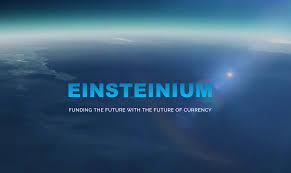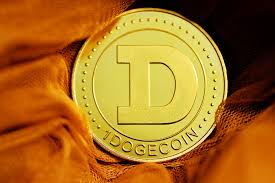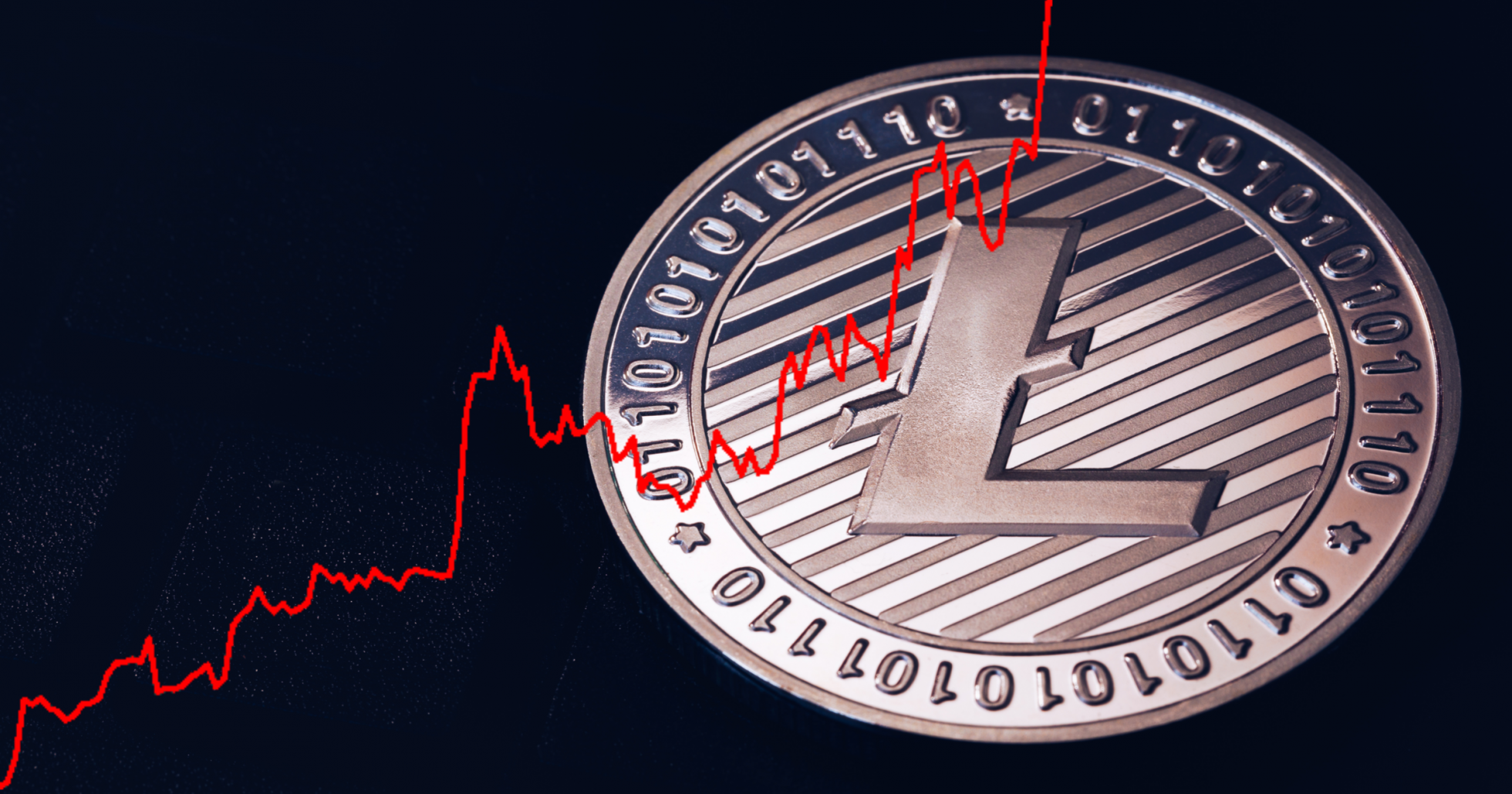In the dynamic world of cryptocurrencies, Bitcoin and Energi have emerged as prominent players. This article aims to provide a comprehensive comparison between Bitcoin and Energi, highlighting their similarities, differences, and potential profitability for investors. Additionally, we will explore the future outlook of both cryptocurrencies.

Bitcoin and Energi; similarities and differences
Comparing the similarities and differences between these two coins can allow investors to make informed decisions by evaluating the potential risks and rewards associated with each coin. By analyzing the similarities, investors can determine if the coins share similar features or functionalities that may affect their market value. Thus, let us take a look at a few similarities and differences between these virtual currencies.
- Technology
Bitcoin operates on a decentralized blockchain, utilizing proof-of-work (PoW) consensus. It was the first cryptocurrency and remains the most widely recognized and widely adopted.
Energi also utilizes a decentralized blockchain but employs a combination of proof-of-stake (PoS) and master nodes. This dual consensus mechanism aims to maximize security and scalability.
- Transaction speed and scalability
Bitcoin’s transaction speed can vary, with an average confirmation time of around 10 minutes. Scalability remains a challenge for Bitcoin, with limited transaction throughput.
Energi’s PoS and masternodes consensus mechanism enables faster transaction confirmations, typically within seconds, and offers improved scalability.
- Governance and treasury
Bitcoin’s governance is decentralized, with decisions made through consensus among stakeholders. It lacks a formalized treasury system.
Energi implements a decentralized governance model, allowing stakeholders to vote on proposals. It also employs a treasury system, allocating funds for development, marketing, and community initiatives.
- Energy efficiency
Bitcoin mining is energy-intensive, primarily due to its PoW consensus mechanism, leading to concerns about environmental impact.
Energi’s PoS and masternodes consensus mechanism consumes significantly less energy, making it more environmentally friendly.
- Security
Bitcoin’s robust security relies on its extensive network of miners, making it highly resistant to attacks.
Energi’s dual consensus mechanism provides enhanced security through PoS and masternodes, reducing the risk of a 51% attack.
- Use case and functionality
Bitcoin is primarily used as a digital store of value and a medium of exchange, with growing acceptance as a legitimate investment asset.
Energi offers a broader range of functionality, including smart contracts and decentralized applications (dApps), alongside its use as a digital currency.
- Profitability and potential
Bitcoin’s established market presence and widespread adoption have resulted in significant price appreciation over the years. However, its volatility remains a factor to consider.
Energi’s relative newness presents both opportunities and risks. Its dual consensus mechanism and governance model have attracted attention, but investors should be mindful of potential market volatility.
- Benefit and profitability for investors
As the pioneer cryptocurrency, Bitcoin has proven to be a profitable investment for early adopters. Its scarcity, large market capitalization, and increasing institutional adoption contribute to its long-term potential.
Energi’s unique features, such as its governance model and treasury system, provide potential benefits for investors. However, its relative newness and smaller market capitalization may present higher risks but also greater opportunities for early investors.
- Future outlook
Bitcoin’s future outlook remains positive, with increasing mainstream acceptance and adoption. However, challenges such as scalability and energy consumption require ongoing innovation and development.
Energi’s future outlook depends on its ability to differentiate itself in the competitive cryptocurrency market. Continued development of its governance model, technological advancements, and adoption of dApps will be crucial for its success.
Conclusion
Bitcoin and Energi are distinctive cryptocurrencies with different strengths and weaknesses. While Bitcoin offers a more established and recognized investment opportunity, Energi presents unique features, including its dual consensus mechanism and governance model. Ultimately, the choice between Bitcoin and Energi as a profitable investment depends on an investor’s risk appetite, time horizon, and belief in the future potential of each cryptocurrency. As with any investment, thorough research and diligence are essential.










